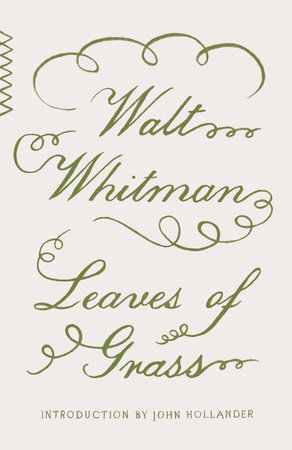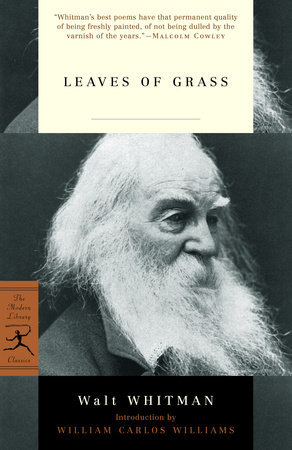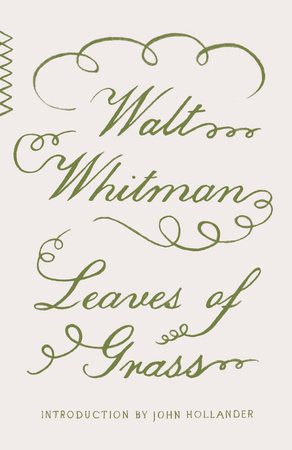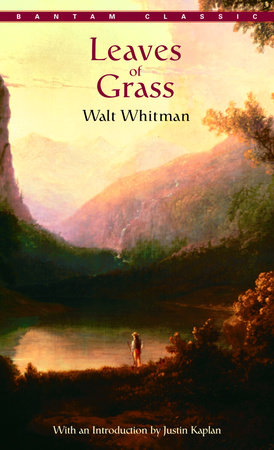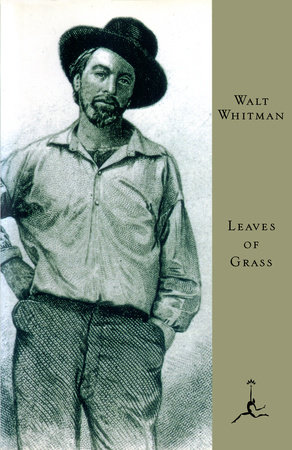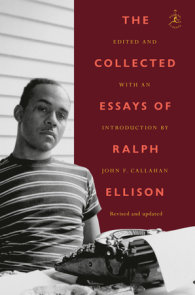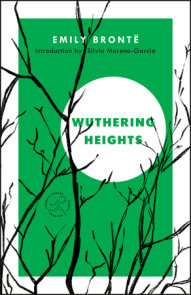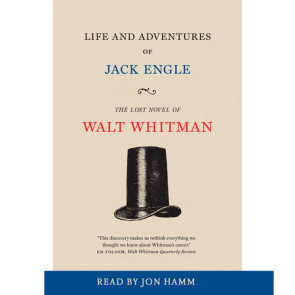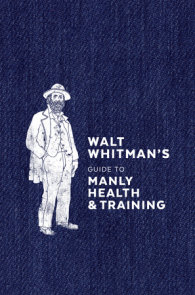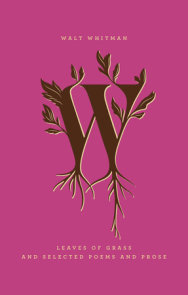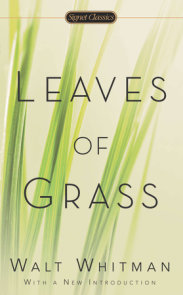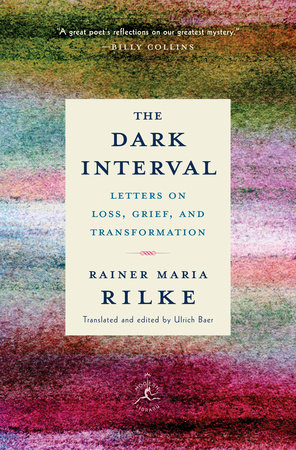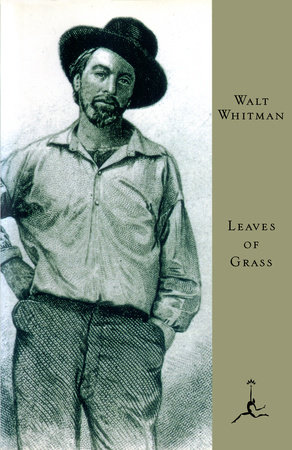

Leaves of Grass
By Walt Whitman
Introduction by John Hollander
By Walt Whitman
Introduction by John Hollander
By Walt Whitman
Introduction by William Carlos Williams
By Walt Whitman
Introduction by William Carlos Williams
By Walt Whitman
By Walt Whitman
By Walt Whitman
By Walt Whitman
By Walt Whitman
Introduction by John Hollander
By Walt Whitman
Introduction by John Hollander
By Walt Whitman
By Walt Whitman
By Walt Whitman
By Walt Whitman
Part of Vintage Classics
Part of Modern Library Classics
Part of Vintage Classics
Category: Poetry | Classic Nonfiction
Category: Poetry | Classic Nonfiction | Philosophy
Category: Poetry | Classic Nonfiction | Philosophy
Category: Poetry | Classic Nonfiction | Philosophy
Category: Poetry | Classic Nonfiction
Category: Poetry | Classic Nonfiction | Philosophy
Category: Poetry | Classic Nonfiction | Philosophy

-
$14.00
May 28, 2019 | ISBN 9781984897558
-
$16.00
Nov 28, 2000 | ISBN 9780679783428
-
$6.95
Jun 01, 1983 | ISBN 9780553211160
-
$26.00
Oct 12, 1993 | ISBN 9780679600763
-
May 28, 2019 | ISBN 9781984899026
-
Oct 26, 2004 | ISBN 9780553900767
-
Oct 31, 2000 | ISBN 9780679642084
YOU MAY ALSO LIKE
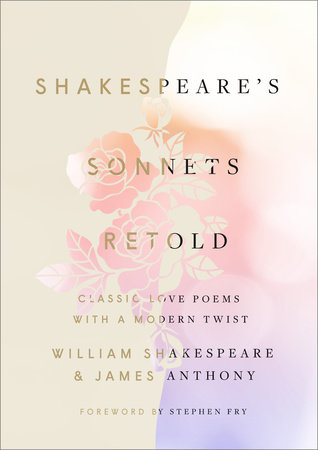
Shakespeare’s Sonnets, Retold
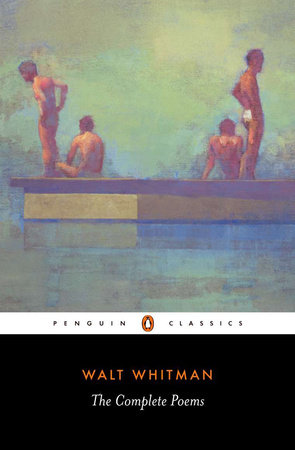
The Complete Poems
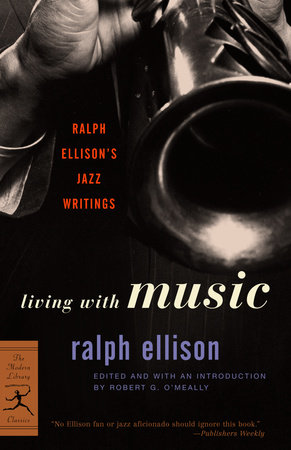
Living with Music
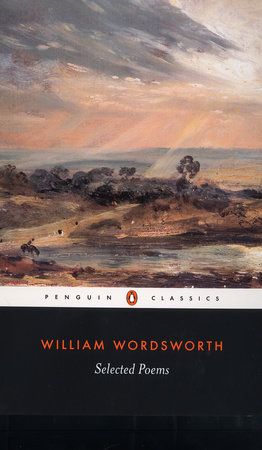
Selected Poems
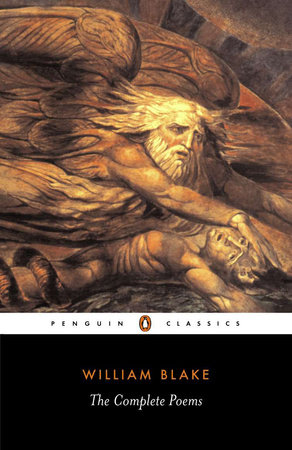
The Complete Poems
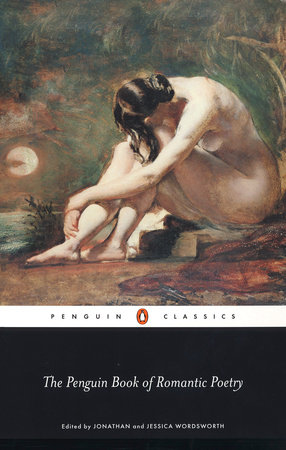
The Penguin Book of Romantic Poetry

Rumi
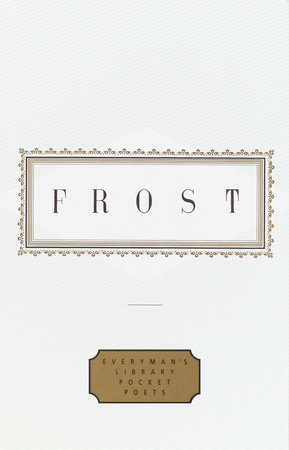
Frost: Poems
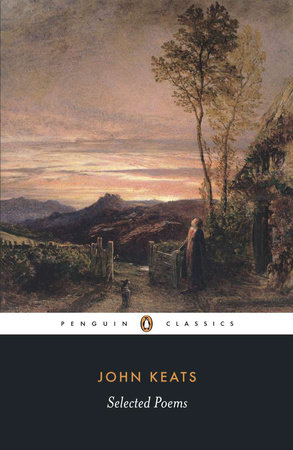
Selected Poems
Praise
“Whitman’s best poems have that permanent quality of being freshly painted, of not being dulled by the varnish of the years.” –Malcolm Cowley
Table Of Contents
Editor’s Introduction vii
Facsimile Frontispiece 2
Facsimile Title Page 3
Whitman’s Introduction 5
Song of Myself 25
A Song for Occupations 87
To Think of Time 98
The Sleepers 105
I Sing the Body Electric 116
Faces 124
Song of the Answerer 129
Europe: The 72d and 73d Years of These States 133
A Boston Ballad 135
There Was a Child Went Forth 138
Who Learns My Lesson Complete 140
Great Are the Myths 142
21 Books You’ve Been Meaning to Read
Just for joining you’ll get personalized recommendations on your dashboard daily and features only for members.
Find Out More Join Now Sign In








